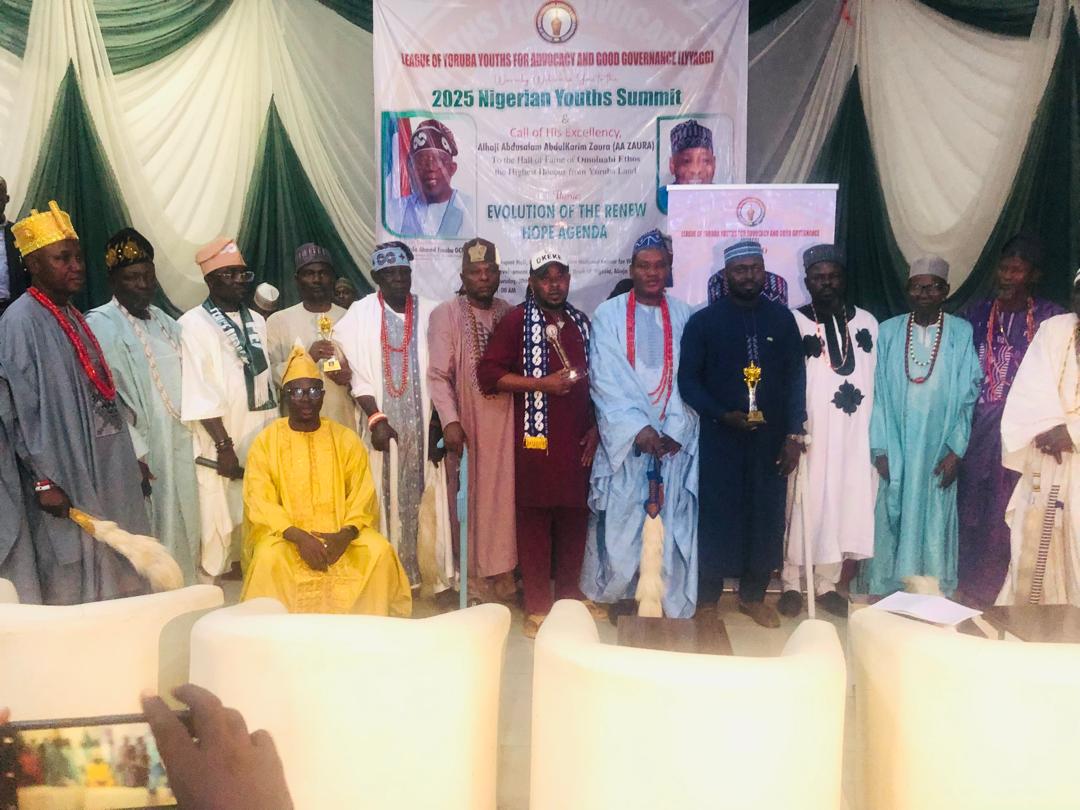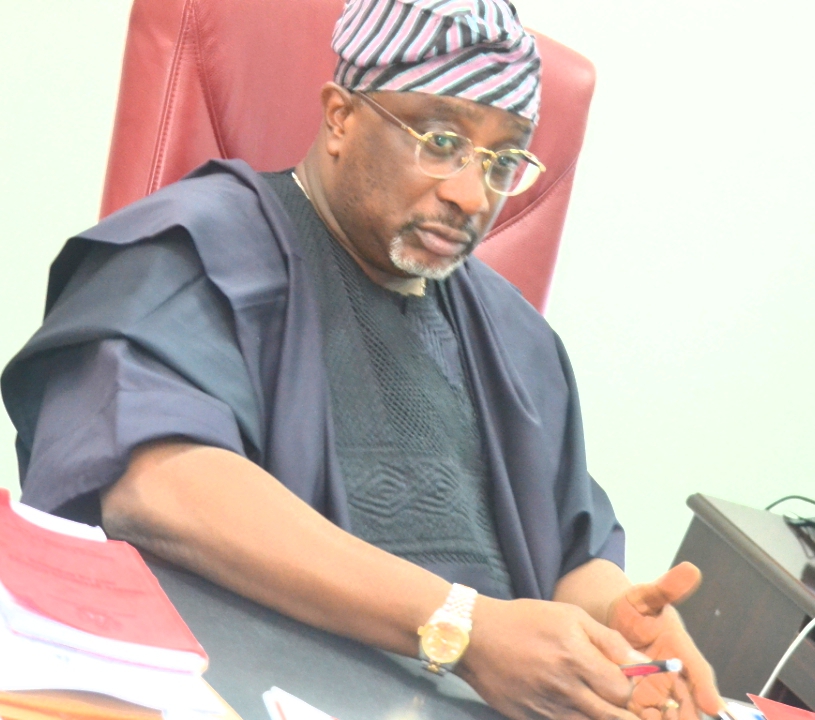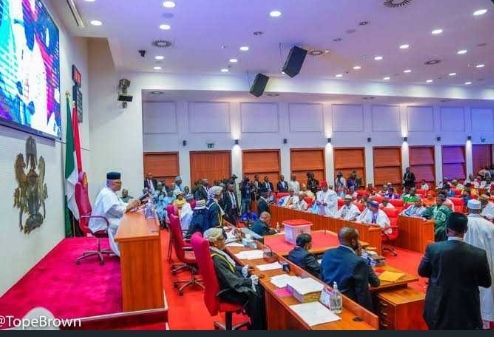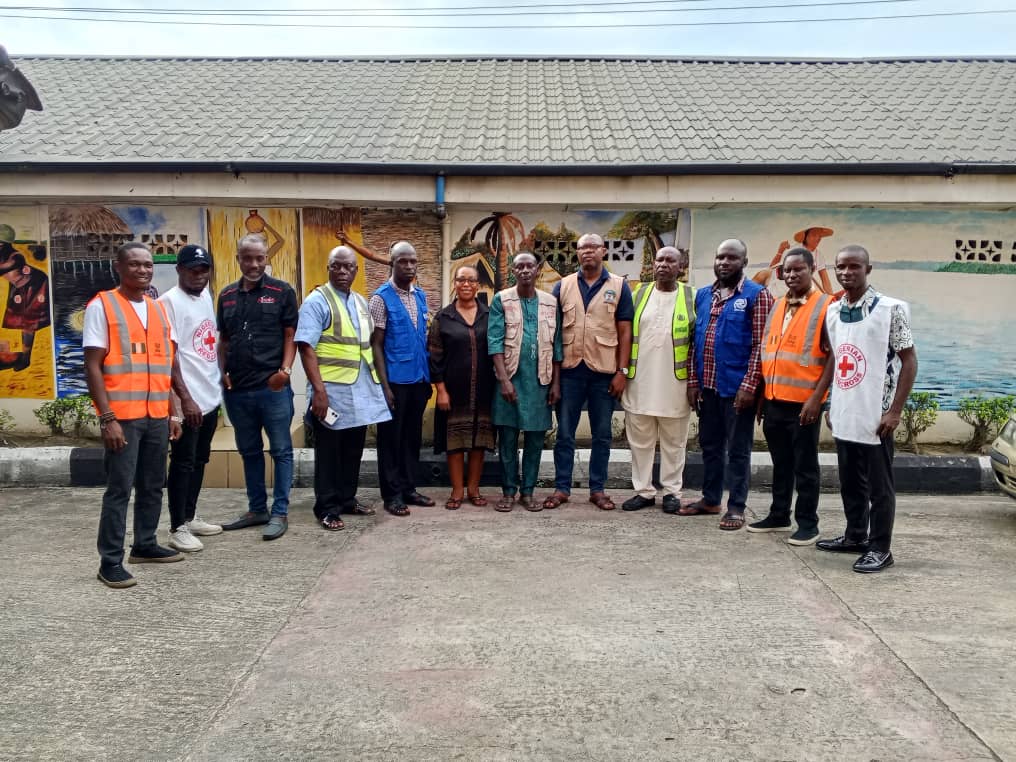
By Fatima Saka
The Federal Government of Nigeria has reaffirmed its commitment to ending malaria in Nigeria and across Africa, stressing the urgent need for domestic ownership, innovative solutions, and sustainable financing to accelerate progress toward eradication.
Speaking at the opening of the Harnessing Africa’s Central Role Against Malaria – Big Push meeting in Abuja on Thursday, the Coordinating Minister of Health and Social Welfare, Professor Muhammad Ali Pate, said the continent must stop relying excessively on external donors and instead drive homegrown solutions to tackle the disease that continues to claim hundreds of thousands of lives yearly.
“Malaria is not someone else’s problem; it is our problem. Ninety percent of the global burden is here in Africa. Unless we own it, fund it, and act decisively, we will be back here next year and the year after, repeating the same conversations,” Pate warned.
Nigeria, which accounts for roughly one-third of the global malaria burden, has had a malaria control programme for nearly eight decades, yet the disease remains the leading cause of hospital visits in the country.
The minister noted that decades of heavy reliance on external financing have led to fragmented responses, while domestic funding and locally driven strategies have lagged.
He highlighted efforts to localise solutions, including the establishment of diagnostic manufacturing plants, plans for local production of mosquito bed nets, and the integration of malaria case management into broader primary healthcare services. “We must domesticate the response, retain economic value, create jobs, and most importantly, save lives,” Pate said.
In his remarks, the Minister of State for Health, Dr. Iziaq Adekunle Salako, underscored the urgency of the “big push,” citing alarming statistics: 263 million malaria cases and nearly 600,000 deaths recorded globally in 2023, with Africa bearing over 94% of the burden.
He warned that challenges such as insecticide resistance, climate change, humanitarian crises, and funding gaps could derail the continent’s goal of eliminating malaria by 2030 unless tackled head-on.
READ ALSO: NSSF Launches WeNaija Campaign 5.0 to Close Gaps in Sex Education, Empower Youths on SRH
Lagos Water Corporation Begins Major Overhaul of Distribution Networks to Boost Potable Water Supply
“Malaria is preventable and treatable, yet it continues to devastate families and communities. To defeat it, Africa must rethink its strategies, harness innovation, and mobilise resources at every level,” Salako said.
The Abuja convening, hosted by the Federal Government in collaboration with the Roll Back Malaria Partnership (RBM), the African Leaders Malaria Alliance (ALMA), and with support from the UK’s Foreign, Commonwealth and Development Office, brought together policymakers, experts, civil society, and development partners to renew momentum for malaria elimination.





